Ivory Coast
Ivorian president Alassane Ouattara has invited refugees and military deserters who fled the country during the 2010/2011 post-electoral violence and as far back as the civil war that broke in 2002 to return home to build the country.
The Ivorian Minister of Solidarity, Social Cohesion and Compensation, Mariatou Kone, projected the president’s call during the arrival of 35 refugees from Guinea on Tuesday, making up the first group of returnees since the electoral violence.
“President Alassane Ouattara wants all his children to return to build the country. That’s also part of the reconciliation process. Even military deserters can return to the country,” she said.
The minister also assured that the government is making arrangements for their reintegration into the society.
The first group of 35 refugees arrived in Abidjan accompanied by a representative of the UN High Commissioner for Refugees (UNHCR), Mohamed Askia Toure.
Last month, a group of Ivorian government officials including Mariatou Kone and Mohamed Askia Toure visited the Bahn Nimba County camp in Liberia which hosts Ivorian refugees.
“We hope that this first return will trigger a massive return of the almost 7,000 refugees still on Guinean soil,” Askia Toure said.
According to UNHCR, more than two thirds of the 300,000 Ivorians who fled their country during or after the conflict have returned home.
There are still 20,000 refugees in countries including Liberia and some 11,000 pro-Gbagbo Ivorians exiled in neighboring Ghana.
The return of refugees is a major priority of Ouattara’s government to facilitate the national reconciliation programme.




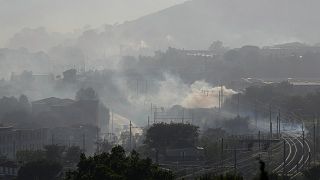


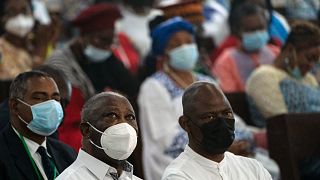
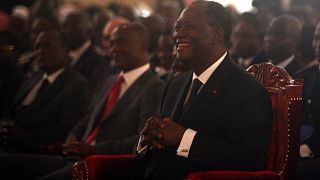
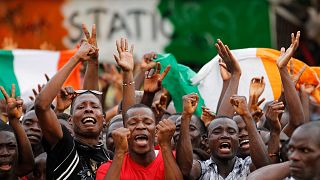


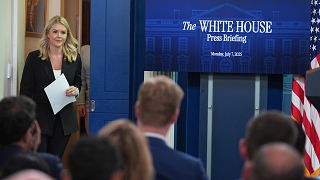
01:09
Liberian president issues official apology to civil war victims
02:21
Ivorian diaspora in Paris demands free and inclusive elections ahead of October vote
01:12
One child displaced every five seconds in MENA region conflicts
01:52
UN's crucial humanitarian aid work faces a clouded future amid cuts in funds
02:00
Refugees in Kenyan camp face hunger after USAID funding freeze
Go to video
A decade on, Lesbos still bears the scars of the refugee crisis